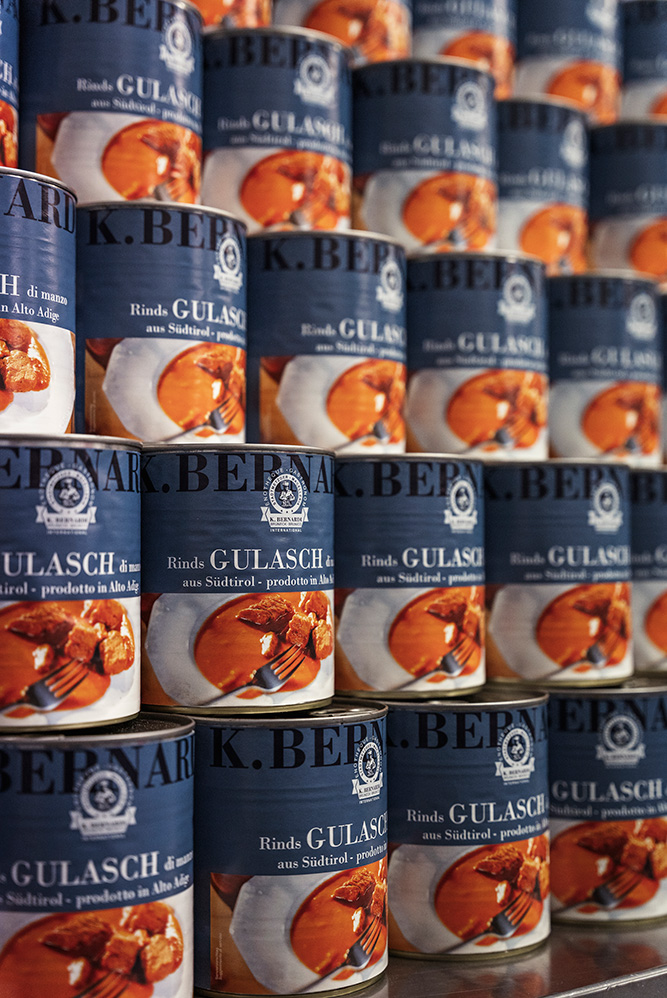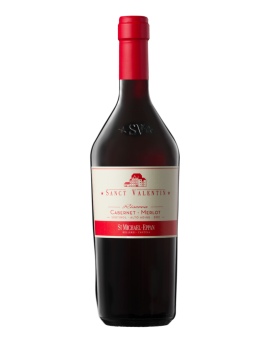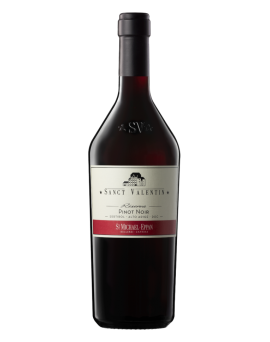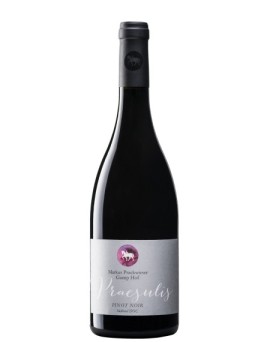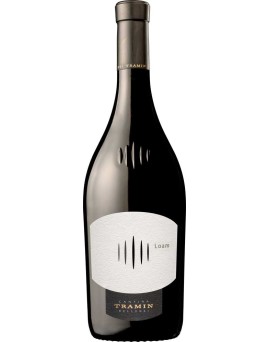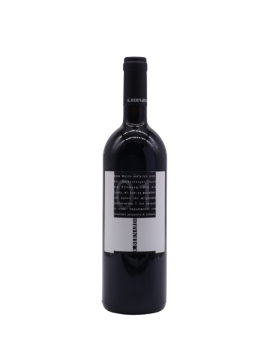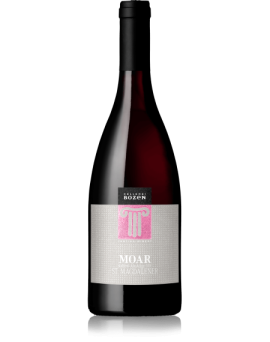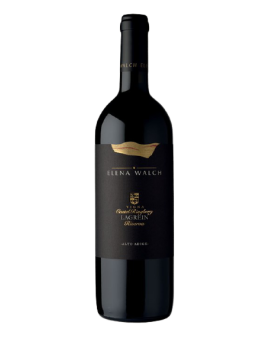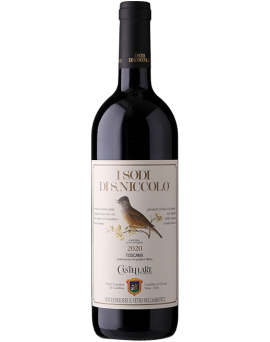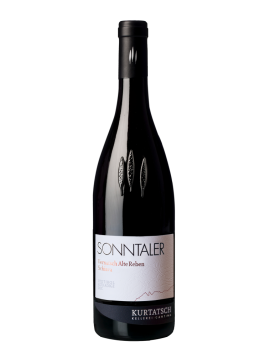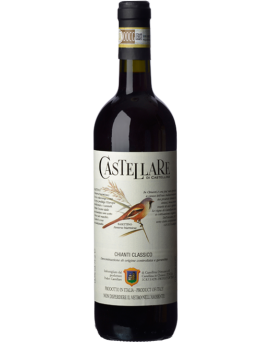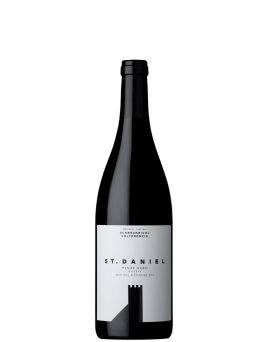Cabernet/Merlot ST.VALENTIN...
Cabernet-Merlot Riserva<br />Sanct Valentin 2020<br />Il Cabernet e il Merlot sono riconosciuti in tutto il mondo come vitigni di alta qualità. Per la produzione del Cabernet-Merlot Sanct Valentin vengono utilizzate solo uve<br />provenienti da vigneti particolarmente soleggiati. La resa è estremamente bassa e i vitigni vengono vinificati singolarmente. Il Cabernet-Merlot Sanct Valentin, prodotto per<br />la prima volta nel 2013, è un vino rosso di prima classe, estremamente complesso e con tannini fini. È l'unica cuvée che fa parte della linea di prestigio Sanct Valentin.<br /><br />Vitigni:<br />Cabernet Sauvignon 50%, Cabernet Franc 10%, Merlot 40%.<br />Età delle viti:<br />Da 15 a 24 anni<br />Vigneti:<br />Sito: siti più caldi ad Appiano, Caldaro e Kurtatsch (250-400 m).<br />Esposizione: sud-sud-est<br />Terreni: detriti morenici e ghiaia calcarea.<br />Metodo di coltivazione: Guyot<br />Vendemmia: Merlot a inizio ottobre e Cabernet a metà ottobre; raccolta e selezione delle uve a mano.<br />Vinificazione: 20 giorni di macerazione, seguiti da 12 mesi di affinamento in barrique. Assemblaggio e affinamento di 10 mesi in vasche d'acciaio.<br />Resa: 45 hl/ha<br />Dati analitici:<br />Gradazione alcolica: 14,5 %.<br />Acidità: 5,1 gr/lt<br />Temperatura di consumo: 16-18°.<br /><br />Consumo consigliato:<br />Piatti forti a base di carne, selvaggina, formaggi stagionati.<br />Invecchiamento/potenziale:<br />10 anni e oltre<br /><br />Bottiglia GL71 vetro verde raccolta differenziata<br />Sughero FOR51 Sughero raccolta differenziata per rifiuti organici<br />Capsula TIN42 Capsule di latta Rifiuti metallici in alluminio<br />Cartone PAP20 Raccolta di carta da macero in cartone<br />
Price
€44.20

